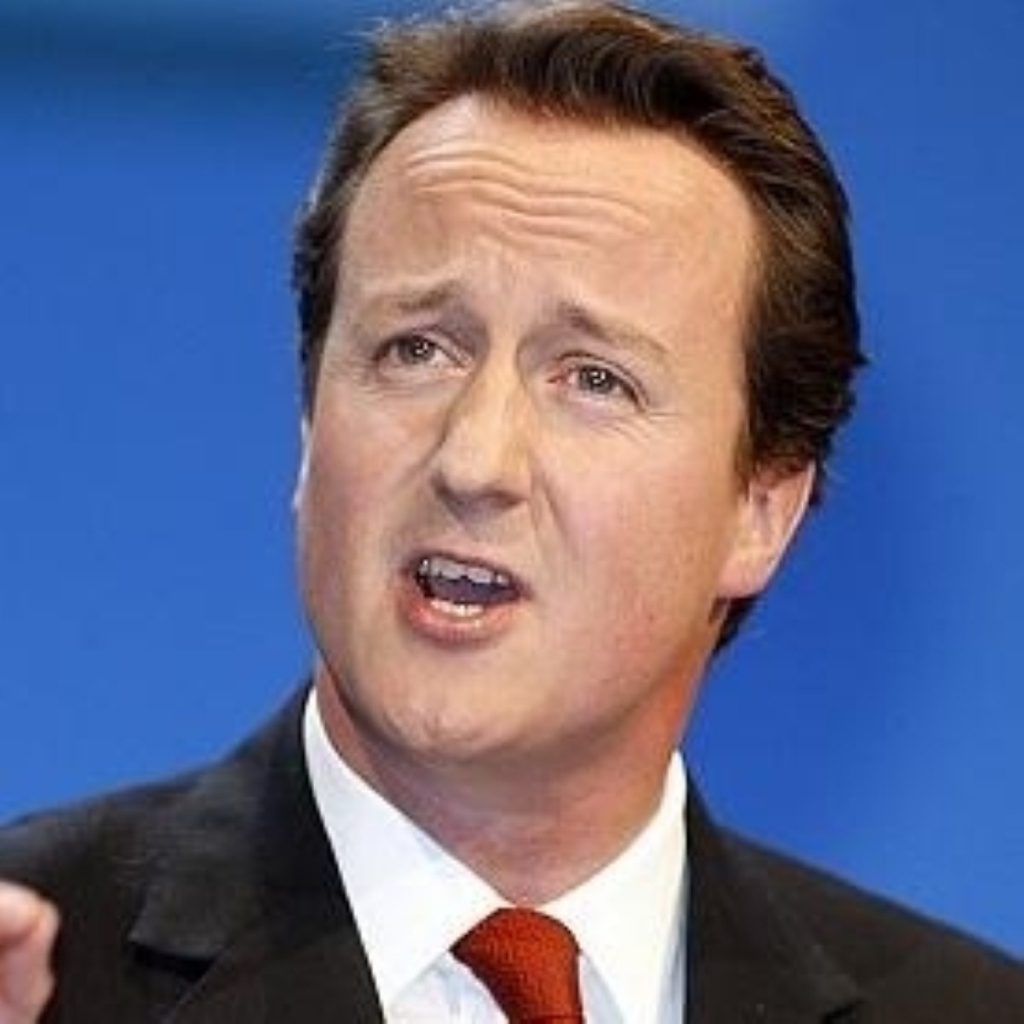Cameron wants new Atlantic alliance
David Cameron has called for Europe and North America to create a “new economic alliance” capable of matching the emerging economices of south Asia.
The Conservative leader boosted his statesman credentials with a speech on free trade, “post-bureaucratic” governance and enhanced global partnership at the World Economic Forum in Davos, Switerland, last night.
Mr Cameron told an audience at the Barclays Capital dinner he believed “deeper and wider free trade internally” and the “scale that will be enable us to be at least equal partners with the south Asians” were reasons to unite the EU and the North Atlantic Free Trade Agreement (Nafta).
“If we wish to retain western negotiation power, we will need to think radically about how to deal with this new situation, he said.


“Centre-right free trade economics, and centre-right Atlanticism, can together give the west its proper place in the coming century.”
The Tory leader’s backing for a transatlantic trading bloc appeared to clash with his commitments to a “new internationalism” based on networks and partnership with the east.
He described the “bloc mentality” as “outdated” and a “recipe for conflict”, pressing flexibility as the key to deal with the inevitable shift of economic and political power from west to east.
Mr Cameron explained: “Making partners out of the emerging powers rather than forming a bloc against them is the right way forward. That is not to deny that there is merit in Europe and America moving closer together.”
On free trade, the Tory leader said future history books would view today’s backers of free trade as “heroes” and those advocating protectionism as “villains”.
He praised John McCain’s courageous stance on protectionism, saying, “I admire him a great deal for his stance”, but said current instability in the global markets meant it was all the more important politicians did not “deceive” people with “false remedies”.
“We need to fight to end immoral subsidies in the developed world, that cripple developing economies by flooding them with cheap imports and preventing them from competing on a level playing field,” he added.
“It’s completely counterproductive to be increasing aid with one hand, and then completely undermining it with the other.”












